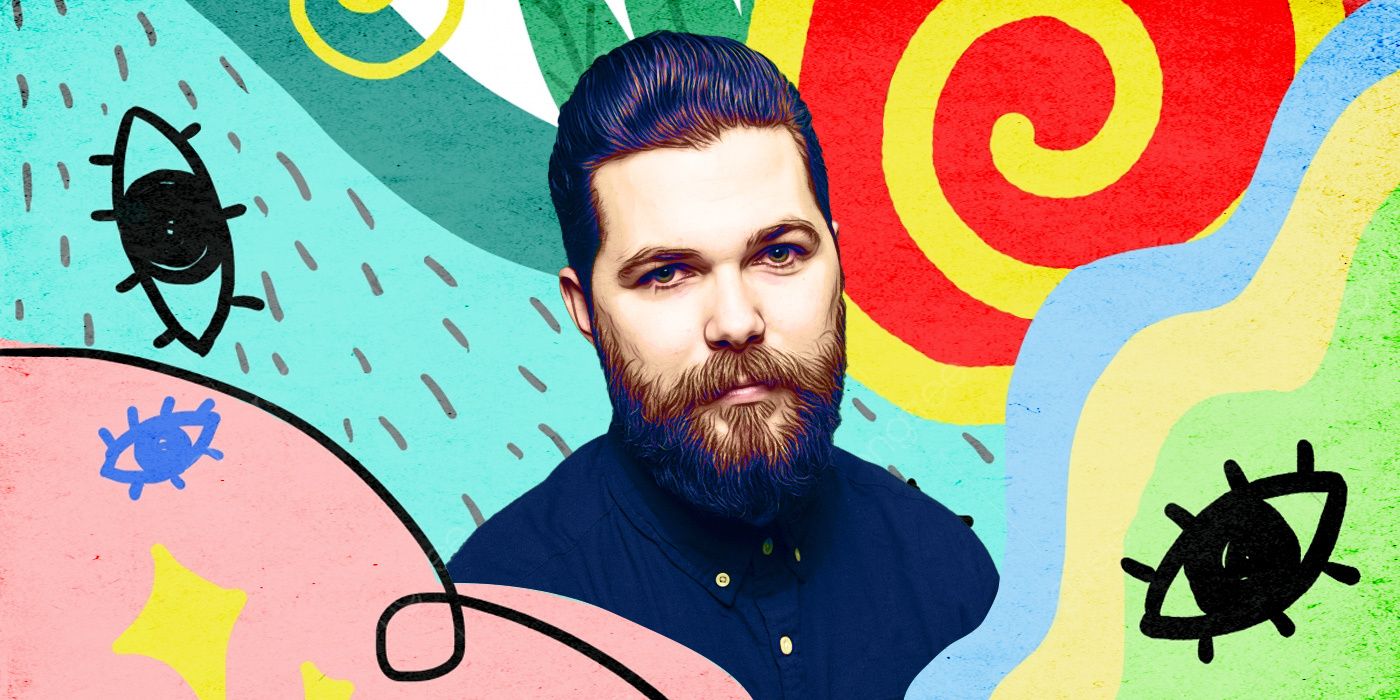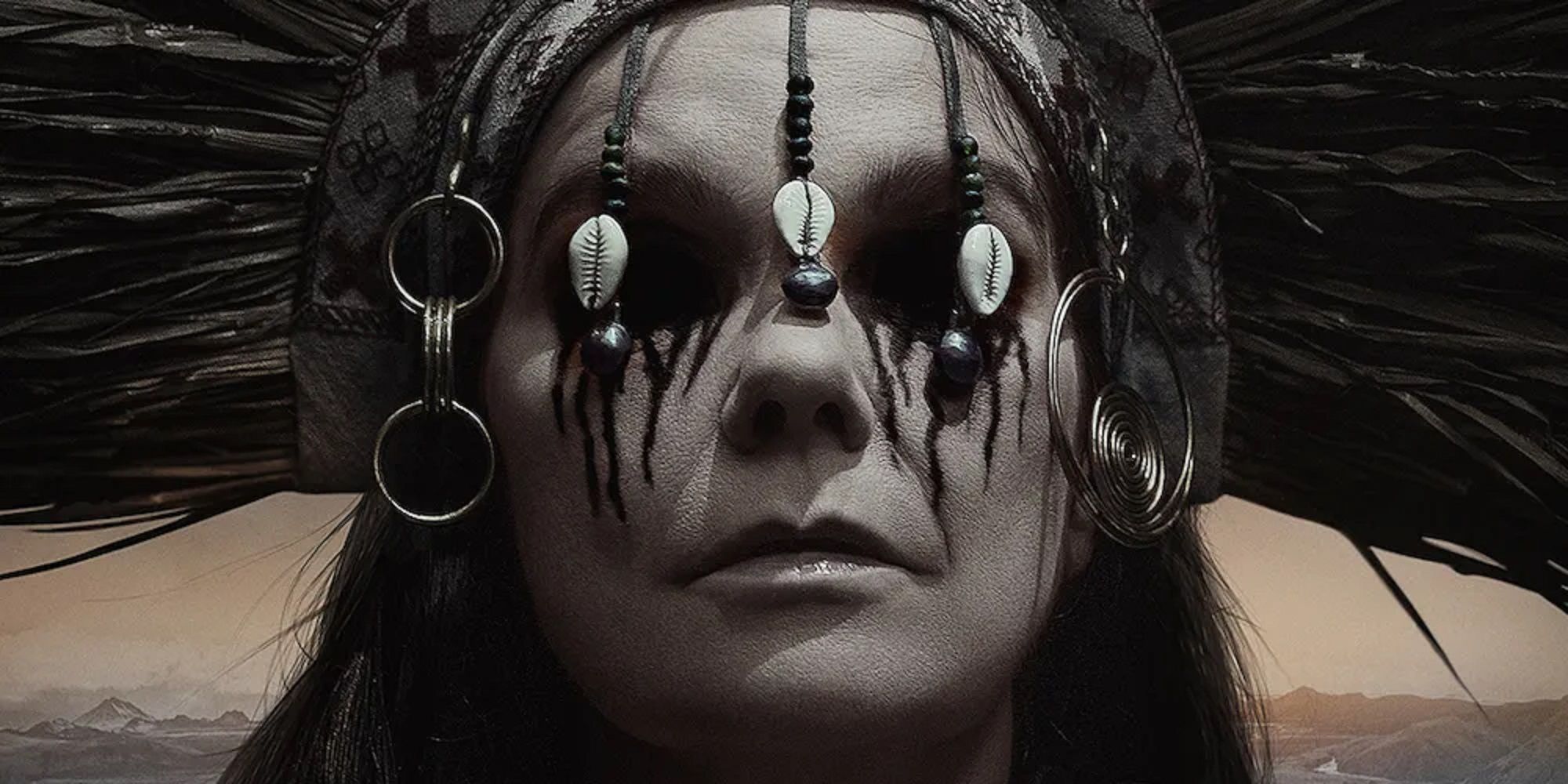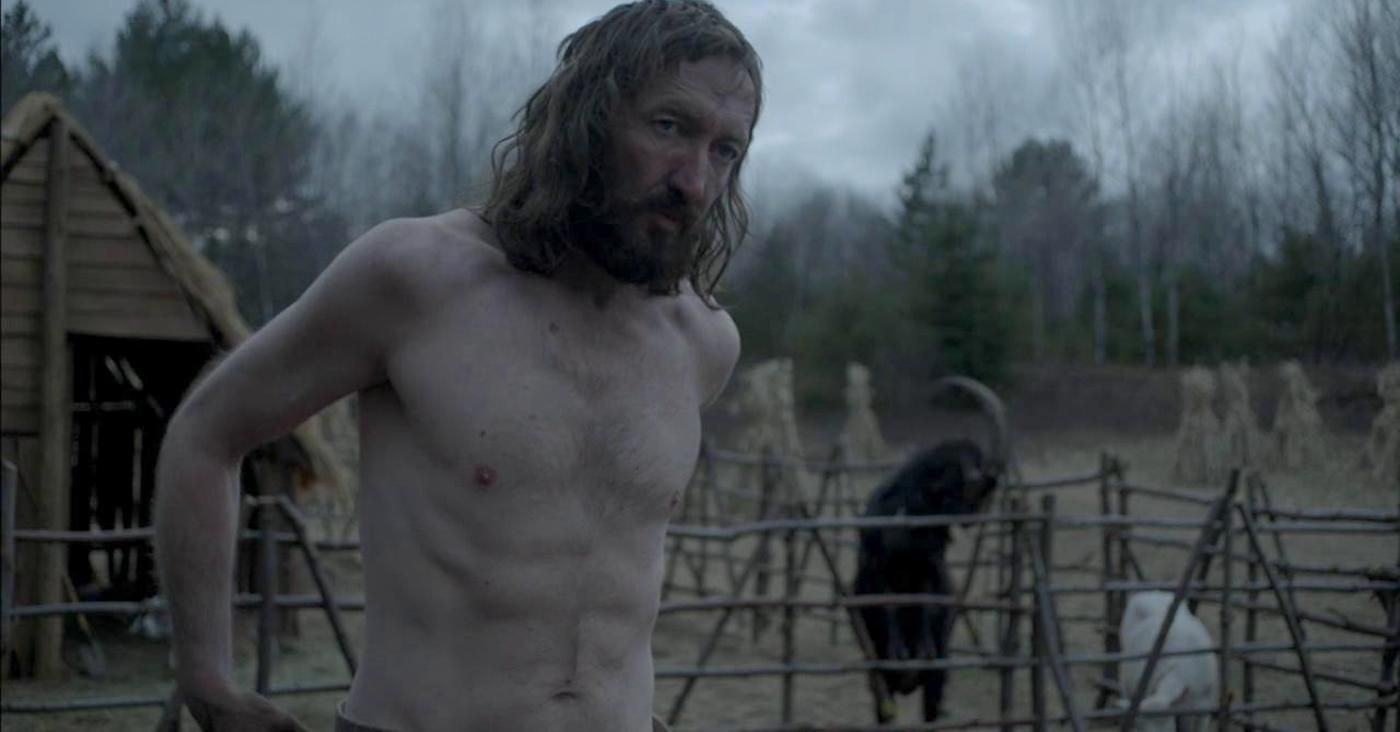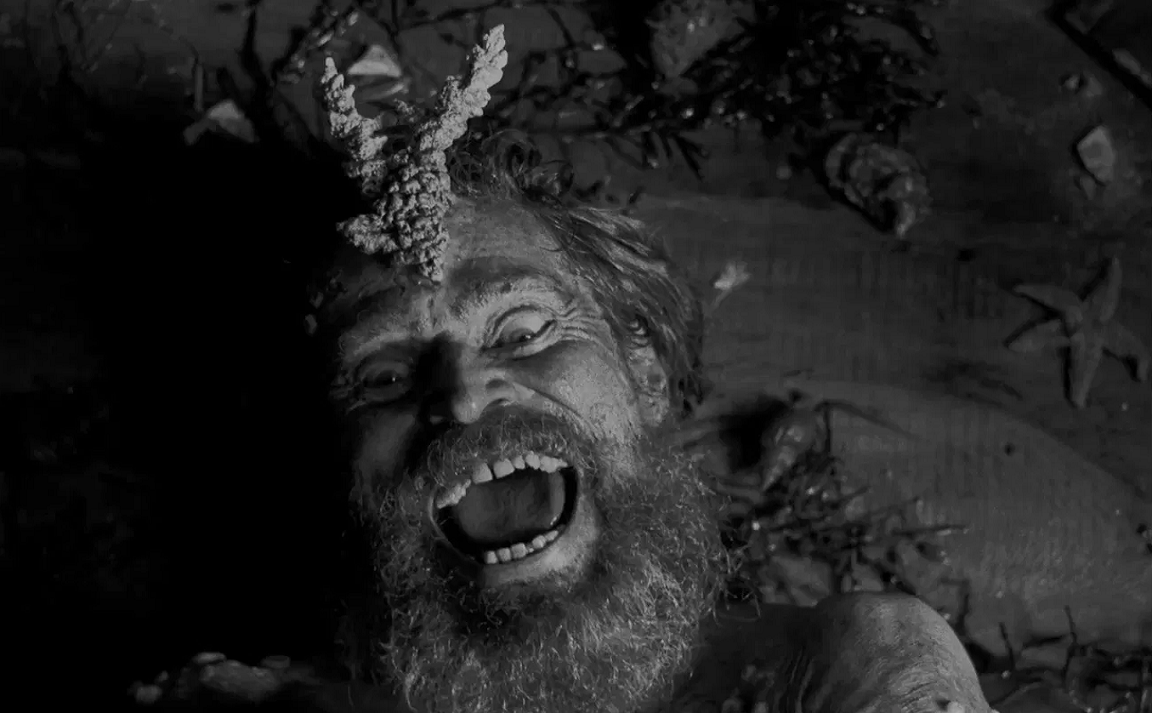The idea of a Robert Eggers movie is set in stone only three films into his career. Just as the audience knows what to expect from the latest movie by Wes Anderson or Jordan Peele, so it goes with Eggers, even as his recent film, The Northman, goes in a more action-packed direction than The Witch or The Lighthouse. Robert Eggers' movies are works of historical fiction, heavily influenced by folklore and the supernatural. They are deeply atmospheric, immersing the audience so thoroughly in their respective worlds that they can practically smell the cold, dank air. (The air is always cold and dank in Robert Eggers’ movies.) They are fiercely committed to historical authenticity, well past the point where another director might have settled for “close enough.” And, to put it mildly, they get weird: farm animals lactate blood, a man hallucinates a disturbing sexual encounter with a mermaid, and Bjork shows up with no eyeballs to deliver a prophecy.
The arcane subjects, along with the exacting period details, may lead some to believe that Eggers’ movies are dour genre fiction slogs. However, that couldn’t be further from the truth. All three of Eggers’ movies are engaging, thrilling, and just plain fun, so long as the viewer can get on their particular wavelengths. All the elements mentioned in the first paragraph helped to establish instant cult followings for The Witch and The Lighthouse, and The Northman is likely to join them. But in addition to atmosphere and authenticity, Eggers’ films have a secret weapon: a subtle sense of surreal humor, a taste for the absurd and unexpected that’s all the funnier for never winking at itself.
On the surface, The Witch appears to be as grim and gray as the unfortunate Puritan family at its center. But from the right angle, the dark, uncomfortable humor reveals itself, and the viewer can marvel at just how strange this family is. Patriarch William (Ralph Ineson) is pious and strict, even by Puritan standards, and the entire family follows his lead. This is a household where the blessing lasts almost as long as the meal itself, children say things like “my corrupt nature is empty of grace,” and having any personal desires at all is seen as a sin worthy of eternal hellfire. It’s so devoid of joy that Thomasin (Anya Taylor-Joy) sells her soul to Satan after being offered some butter. It’s reminiscent of Yorgos Lanthimos’ deadpan black comedy Dogtooth in the way it explores common family issues, like puberty and possessive parents, through a deeply bizarre scenario.
The Witch also slyly subverts the idea of hardy colonists taming the American wilderness. William, as it turns out, is kind of terrible at living off the land: his crops rot, his livestock is meager, and he can’t shoot a rabbit even when it’s standing perfectly still twenty feet away. The only thing he’s any good at is chopping wood, which he does so frequently it’s almost a running gag. To top it off, he’s usually shirtless while doing so, giving the impression that he’s doing it to soothe his own masculine ego. Eggers doesn’t make that angle too obvious - despite his love of history, he’s never didactic - but he takes clear pleasure in showing the tedious, miserable reality that William, full of hubris, never seemed to see coming.
In contrast to the buttoned-up Witch, The Lighthouse is a full-blown black comedy. Yes, the atmosphere is oppressive, with its ominous score and bellowing foghorn; sure, both of the main characters end up spiraling into fury and madness; okay, an ax does come into play towards the end. But far from a joyless meditation on isolation and machismo, The Lighthouse is an uproariously good time, as fun to watch with friends as any slasher movie. It’s got Willem Dafoe talking like the pirate from the SpongeBob Squarepants theme song. There is Robert Pattinson sobbing while furiously masturbating in a shed. It’s all rounded off by an evil seagull, copious farting, and the use of the phrase “monkey pump!” It’s still undeniably a psychological horror film, but it manages to be funnier than most straight-up comedies.
What makes The Lighthouse so funny is that it never acknowledges the fact that it’s completely bananas. The absurdity exists side by side with the horror; in fact, the two occasionally overlap and enhance each other. Consider the “hark!” scene, which is where the madness of the lighthouse really sets in for both Wake (Dafoe) and Winslow (Pattinson). The centerpiece is a long, furious monologue from Wake cursing Winslow in the name of Neptune, delivered with Biblical intensity by Dafoe. What could prompt such a chilling, vicious tirade? Why, Winslow telling Wake he doesn’t like his cooking, of course, which genuinely seems to hurt the old wickie’s feelings: “You’re fond of me lobster! Say it!” he demands. And that’s not even mentioning the part of the scene where they squawk “what!” at each other like seagulls, or where Winslow says he would have sex with a steak. It’s pure madness, both unnerving and fun.
The Northman combines the absurdism of The Witch and The Lighthouse and adds its own twist. Like The Witch, it takes a look at a culture so far removed from modern society that it seems almost alien: take a look at the manhood ritual young Amleth goes through at the start of the film, which involves hallucinations, dog roleplay, and (once again) farting. Like The Lighthouse, it provides plenty of bizarre images (Anya Taylor-Joy's Olga smearing her period blood on someone’s face) and perfectly-pitched, over-the-top performances (Nicole Kidman as the Freudian fever dream Queen Gudrun).
Much of the laughter elicited by The Northman is of the giddy, breathless, “what the hell just happened” variety. Did Amleth (Alexander Skarsgard) just rip that guy’s throat out with his teeth? Yes, he did. Did Amleth just arrange the mutilated corpses of enemy guards into a grotesque horse statue? He sure did. Did Amleth and his evil uncle Fjolnir (Claes Bang) just get into a naked sword fight on an active volcano? Check, check, and check. If the film felt less real, or if there was even a hint of irony, it would reek of lunkheaded, adolescent wish-fulfillment, like 300. But since Eggers put in the work to make this world feel real, it plays out exactly as it should: glorious, larger-than-life absurdity.




